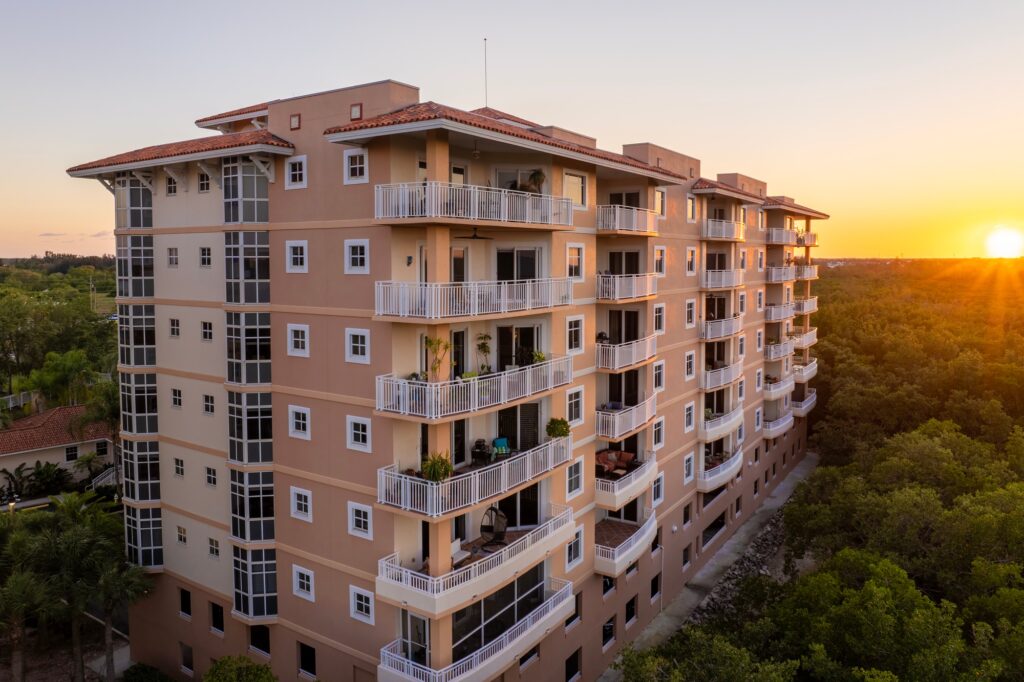Owning a condo is a big milestone, but understanding how much insurance you need can feel tricky. Condo coverage requirements vary based on several factors, like your building’s master policy and your personal belongings. Whether you’re protecting against accidents, natural disasters, or unexpected costs, having the right coverage is key. Let’s break it down so you can make informed decisions about your condo insurance.
Understanding Condo Insurance
What is condo insurance?
Condo insurance, also called an HO-6 policy, is designed specifically for condo owners. It helps protect your unit, personal belongings, and liability. Unlike a homeowners policy, which covers the entire structure, condo insurance focuses on the parts of your unit not covered by your condo association’s master policy.
Here’s what condo insurance typically covers:
- Interior walls and floors (if the master policy doesn’t include them).
- Personal belongings like furniture, electronics, or appliances.
- Liability coverage if someone gets injured in your unit or if you accidentally damage another unit.
A recent survey showed that nearly 90% of condo owners in the U.S. have some type of insurance. This shows just how common and essential this coverage is.
How does condo insurance differ from homeowners or renters insurance?
Condo insurance falls between homeowners and renters insurance. While homeowners insurance covers an entire property and renters insurance focuses on personal belongings only, condo insurance does both in a unique way.
The key difference? Condo policies don’t cover the shared spaces or exterior of the building. Instead, these areas fall under the condo association’s master policy, depending on its scope. For example:
- “All-in” policies cover almost everything, including fixtures and interior finishes.
- “Bare walls-in” policies only cover the building’s exterior and shared areas.
Knowing what’s in the master policy helps you pinpoint your condo coverage requirements.
Why is condo insurance important?
Condo insurance isn’t just optional—it can save you from major financial stress. Here’s why:
- It shields you from out-of-pocket costs if disasters strike, like fire, theft, or a burst pipe.
- It gives you liability protection, so you’re covered if your dog bites a neighbor or a leak in your unit damages someone else’s.
- Florida condo owners, including Fort Myers residents, face extra risks. For instance, hurricanes cause billions in damages each year in coastal cities like this.
Without the right coverage, a single incident could leave you paying thousands—or more. Condo coverage requirements ensure you’re prepared for the unexpected.
Assessing Your Condo Coverage Requirements
Analyze your condo association’s master insurance policy
Understanding your condo association’s master policy is step one. This policy determines what parts of the building or unit are already covered. Generally, there are two types of master policies:
- All-in policy – Covers everything inside your unit, including fixtures, flooring, and appliances.
- Bare walls-in policy – Covers only the building’s structure, leaving everything inside (like walls, flooring, and fixtures) to you.
Knowing the type of master policy helps you fill in the gaps. For example, if your master policy is “bare walls-in,” you’ll need more robust coverage for things like cabinets, flooring, and built-ins. Condo coverage requirements will vary based on what’s missing in the master plan.
Evaluate the value of your personal belongings
Take inventory of everything in your condo—furniture, electronics, appliances, and even your clothes. Why? Because personal property coverage depends on how much your belongings are worth.
Here are some steps to estimate their value:
- List out major items, like your laptop, TV, or furniture.
- Use receipts or market prices to assign a value to each.
- Don’t forget about high-value items, like jewelry. These might need extra coverage.
According to reports, the average household owns around $20,000 worth of personal belongings. This gives you a baseline but adjust based on what you own. Condo coverage requirements must meet your individual needs to avoid gaps.
Consider liability protection
Liability coverage is critical in case of accidents. Picture this—you host a party, and someone trips over your rug, breaking their arm. Without liability insurance, you’d pay their medical bills out of pocket.
Your liability coverage should protect you in these situations:
- Injuries within your unit.
- Accidental damage to other units (e.g., a leaky washing machine floods the neighbor below).
Experts recommend carrying at least $100,000 in liability coverage, but condos in high-risk areas, like Fort Myers, might benefit from higher limits.
Assess loss of use coverage needs
Disasters can leave your condo uninhabitable for weeks or months. This is where loss of use coverage comes in—it pays for temporary housing and related expenses.
To decide how much you need:
- Consider costs of local hotels or rentals in Fort Myers.
- Think about how long repairs typically take after events like hurricanes or floods.
If you don’t plan for these scenarios, you might find yourself scrambling to pay for extended stays elsewhere. Condo coverage requirements should give you peace of mind, even in worst-case situations.
Special Considerations for Fort Myers, Florida
Risks specific to Fort Myers
Living in Fort Myers comes with unique challenges—hurricane season is one of the biggest. Florida is the most hurricane-prone state, and Fort Myers is no exception. Hurricanes like Ian, which hit in 2022, caused over $100 billion in damages statewide. This makes it clear why your condo coverage requirements need to account for weather-related risks.
Some key risks include:
- Hurricanes and tropical storms – Strong winds and heavy rains can lead to structural damage, leaks, or flooding.
- Flooding – Fort Myers is in a high-risk flood zone. Standard condo insurance doesn’t cover floods, so adding flood insurance is crucial.
- Wind damage – Strong gusts can tear off roofs or weaken walls. Windstorm coverage often requires an extra policy in Florida.
Having the right condo insurance means being prepared for these specific risks, not just everyday mishaps.
Compliance with Florida state insurance requirements
Florida has strict laws about condo insurance. State law requires condo associations to maintain master policies, but individual unit owners must do their part too. The state encourages carrying property insurance and liability coverage to avoid leaving gaps in protection.
For example:
- Florida law often requires unit owners to insure personal belongings and interior items, especially if the master policy is “bare walls-in.”
- Flood insurance is highly recommended for condos in FEMA-designated flood zones, which cover much of Fort Myers.
Knowing these state guidelines can help you meet your condo coverage requirements without overspending.
The impact of the local real estate market
Fort Myers’ real estate market has been booming, with home values increasing by over 20% in some years. Rising property values aren’t just great for investment—they also mean higher repair and replacement costs during an incident.
Location also plays a role. Condos closer to the water often face higher insurance premiums because of increased flooding and storm risks. If you buy or already own a condo in Fort Myers, factor in these trends when reviewing your insurance policy. Condo coverage requirements should reflect not just your current needs but also future risks associated with changing market conditions.
Tips for Choosing the Right Condo Insurance Policy
Work with an experienced agent
Fort Myers has its own insurance challenges, from hurricanes to high property values. Working with a local insurance agent can make a huge difference. Agents familiar with the area understand the risks condo owners face and can suggest personalized policies.
Imagine you’re unsure if you need flood insurance or how much wind damage coverage is enough. A knowledgeable agent can analyze your needs, compare options, and explain how to best meet your condo coverage requirements. Statistics show that policyholders who work with agents often feel more confident about their choices and are better prepared for claims.
Shop around and compare policies
Not all condo insurance policies are the same. To get the best deal, compare quotes from at least three providers. Pay attention to:
- Premiums – How much you’ll pay monthly or annually.
- Deductibles – The amount you’ll pay out of pocket for a claim before coverage kicks in.
- Types of coverage – Make sure personal property, liability, and loss of use are included.
Check company reviews and claims processing times too. If a storm hits, you don’t want to be stuck waiting months for compensation. Meeting your condo coverage requirements is about finding a reliable insurer—not just the cheapest option.
Plan for long-term adjustments
Your insurance policy isn’t something you set once and forget. Life changes quickly, so you’ll need to revisit your coverage regularly. For example:
- If you upgrade your kitchen with high-end appliances, adjust your coverage to reflect the increased value.
- If Fort Myers sees a spike in flooding risks, you might want to consider raising your flood insurance limits.
Statistics show that re-evaluating your policy every two to three years can prevent underinsurance, especially in rapidly changing markets like Fort Myers. Condo coverage requirements aren’t static—they grow with you and your property. By planning ahead, you can avoid being caught off guard when the unexpected happens.
Finding the right condo insurance doesn’t need to be overwhelming. Start by understanding what condo insurance covers and reviewing your association’s master policy. Evaluate your personal belongings, liability needs, and plans for unexpected situations like temporary housing. If you own a condo in Fort Myers, consider the unique risks like hurricanes, floods, and rising property values. Work with a local agent, compare policies, and adjust your coverage as your needs change.
Your condo is an important investment, and having the right insurance ensures it’s protected. Contact us today for personalized advice or to get a quote tailored to your condo coverage requirements.







